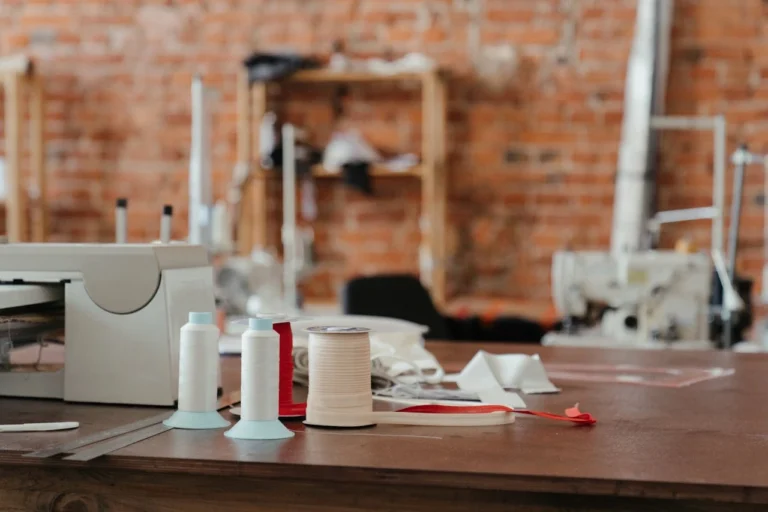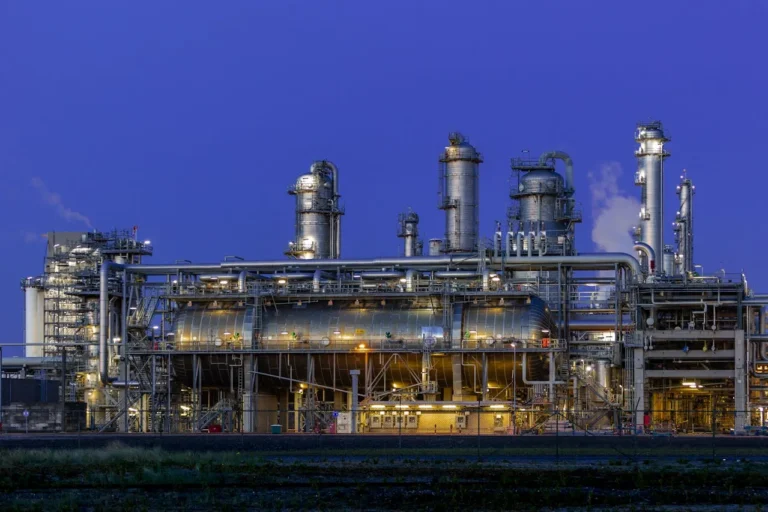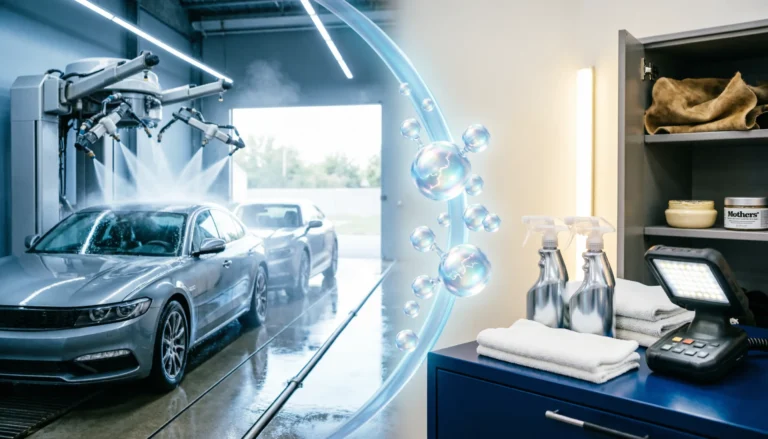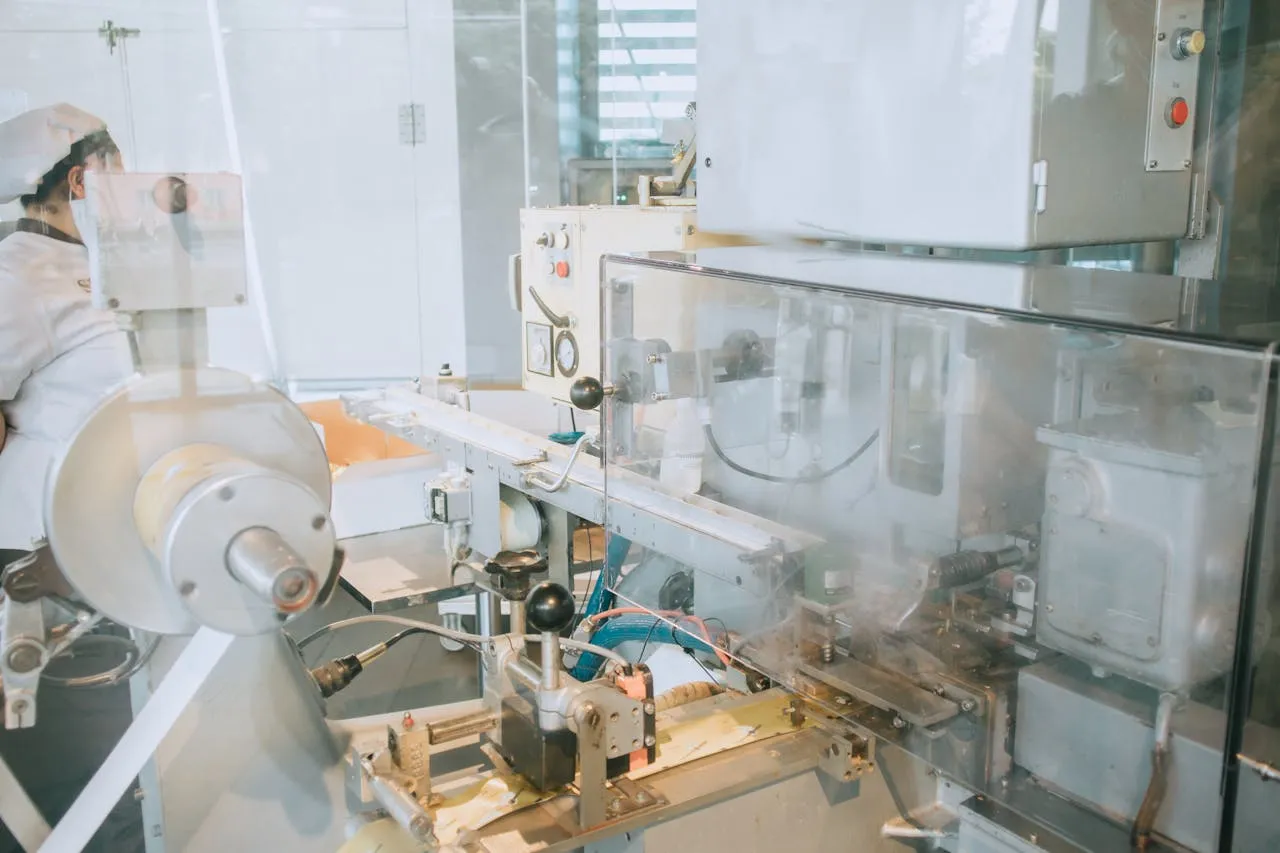
WACKER Launches High-Capacity Hybrid Polymer Production Facility in Nünchritz, Marking a Major Strategic Expansion
WACKER, a global leader in silicone and polymer chemistry, has announced the official start of operations at its new hybrid polymer production facility in Nünchritz, Germany. This cutting-edge site represents a significant milestone for the company, as it not only marks the transition of production from the older Burghausen plant but also dramatically increases WACKER’s overall capacity to meet growing global demand for hybrid polymer solutions.
The new high-performance production line, designed with future scalability in mind, positions WACKER to serve a fast-growing market that is becoming increasingly critical to construction, industrial manufacturing, and environmentally driven applications. “With annual growth rates of well over five percent in some cases, the market for hybrid polymers is extremely attractive for us,” says Christian Kirsten, a member of WACKER’s Managing Board. According to Kirsten, WACKER’s expansion aligns closely with the company’s long-term strategy of focusing on high-value specialty products that offer innovation potential, sustainable performance, and significant benefits to customers.
As a world-leading manufacturer of silane-terminated polymers, WACKER has long played a pioneering role in the hybrid polymer segment. This new investment signals the company’s intention to strengthen that leadership position while also ensuring long-term supply security and product innovation.
A State-of-the-Art Production Facility for the Future
The newly constructed plant in Nünchritz stands as a showcase of modern chemical engineering. Featuring a tightly integrated system of production steps, the facility is designed for highly efficient, continuous manufacturing. By co-locating essential production functions within the same building, WACKER has significantly reduced logistical complexity, allowing for seamless transitions between steps and minimizing energy and material loss.
Tom Koini, Head of WACKER’s Silicones business division, emphasizes the importance of the plant’s technical architecture. “The new facility’s production capacity will increase our output many times over,” he explains. “It has been built to meet both present and future demand. Should the market continue to grow as dynamically as it has in recent years, we will be well-positioned to expand production even further.”
The Nünchritz facility includes not only advanced chemical reactors and automated control systems but also enhanced safety, environmental, and efficiency features. These upgrades ensure that the new plant meets the highest standards of modern chemical manufacturing, in line with both EU regulations and WACKER’s corporate sustainability goals.
Hybrid Polymers: A Core Growth Area for WACKER
Hybrid polymers represent one of the most significant areas of expansion for WACKER’s Silicones division. These advanced materials combine the performance characteristics of traditional organic polymers with the durability and functionality of silicone-based compounds. Marketed under the brand name GENIOSIL® STP-E, WACKER’s hybrid polymers are used primarily as silane crosslinking binders. These binders serve as key ingredients in high-performance adhesives and sealants for a wide range of applications.
Initially adopted in industrial and construction markets, these materials are now being explored for emerging applications such as liquid-applied waterproofing membranes. One of the major advantages of WACKER’s GENIOSIL® product line lies in its use of proprietary alpha-silane technology, which not only improves bonding performance and flexibility but also eliminates the need for environmentally harmful tin catalysts. As a result, WACKER’s hybrid polymers are tin-free, making them safer for consumers and less harmful to the environment.
“These aspects—particularly the environmental and health benefits—are becoming increasingly important in the formulation of adhesives and sealants,” says Koini. “While performance remains a key priority, customers are placing more value on sustainable and consumer-safe materials. That’s exactly where our hybrid polymer technology shines.”
According to Koini, the alpha-silane platform offers unique flexibility. It allows WACKER to create custom-tailored binders that meet the specific performance needs of diverse industrial sectors, from automotive to construction. This level of adaptability makes GENIOSIL® STP-E products particularly appealing to manufacturers seeking high-efficiency, high-performance, and eco-friendly formulation options.
The growth prospects for this category are strong. Koini projects sustained high demand for alpha-silane-based hybrid binders, fueled by global trends in sustainable construction, green building certification, and low-emission product development. As countries worldwide tighten restrictions on volatile organic compounds (VOCs) and toxic additives, hybrid polymers offer a compelling solution that meets both technical and regulatory requirements.
Strategic Importance for Regional Development and Employment
Beyond its industrial and commercial implications, the launch of the Nünchritz hybrid polymer plant also delivers a boost to the local economy. The new facility will generate 50 high-quality jobs, contributing to the economic development of Saxony, where WACKER already employs more than 1,600 people.
This makes WACKER the largest chemical industry employer in the region, underlining its importance not just as a global manufacturer, but also as a regional anchor and community partner. The new jobs span a variety of technical and operational roles, from chemical engineering and plant maintenance to logistics and safety management.
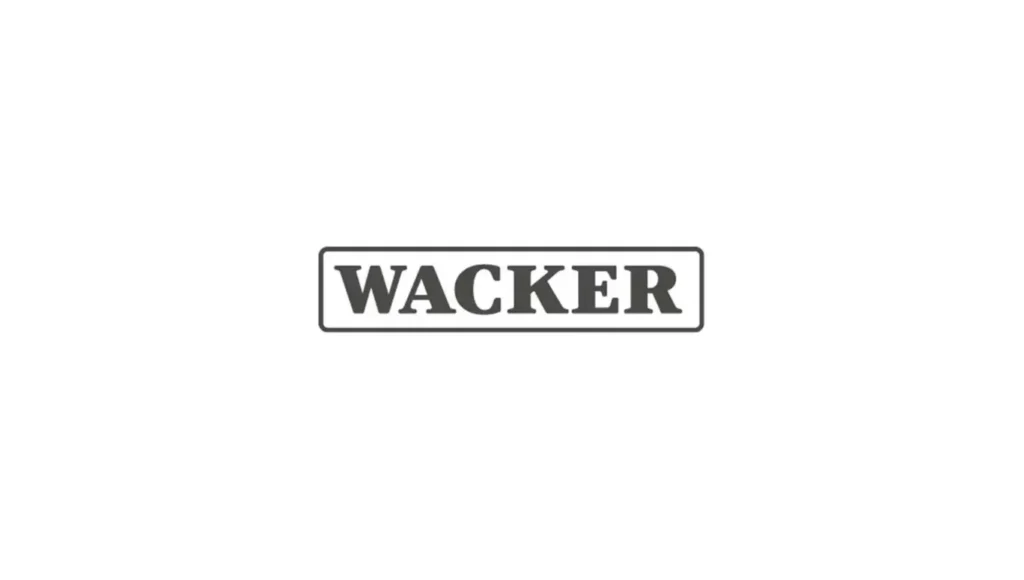
The company’s commitment to local employment and training reflects its broader philosophy of sustainable growth. WACKER continues to invest in education, apprenticeships, and vocational training programs, many of which are based in Saxony. These programs are designed to ensure a steady pipeline of skilled talent, capable of operating and maintaining the increasingly sophisticated systems used in modern chemical production.
Silicones Business Division: A Global Leader in Material Innovation
The Nünchritz investment is part of a larger strategy by WACKER to reinforce the capabilities of its Silicones business division, which is one of the largest and most diverse silicone portfolios in the world. The division produces more than 2,800 specialized products, ranging from silicone fluids and emulsions to elastomers, resins, pyrogenic silica, and silane-terminated polymers.
Each of these product categories plays a role in enhancing the performance, durability, and sustainability of end products across multiple industries. Whether it’s improving the heat resistance of automotive components, enhancing the waterproofing of building materials, or increasing the bio-compatibility of medical devices, WACKER’s silicone technologies are vital to a broad array of applications.
The company’s expertise in silanes and hybrid polymers enables it to operate at the intersection of organic and inorganic chemistry, delivering solutions that leverage the best properties of both material types. This cross-disciplinary capability makes WACKER an essential partner for innovation-driven industries, especially those facing increasingly complex regulatory and performance demands.
Sectors that benefit from the division’s product line include:
- Automotive Engineering: For gaskets, hoses, and electronic encapsulation.
- Construction: Including sealants, coatings, and insulation systems.
- Medical Technology: With high-purity silicones used in implants and wearable devices.
- Cosmetics and Personal Care: As texture-enhancers and stabilizers in skincare formulations.
- Electronics and Energy: Where silicones contribute to insulation, protection, and thermal management.
The integration of the new hybrid polymer facility further enriches this portfolio, creating new synergies and accelerating the pace of product innovation.
Future Outlook: Innovation and Scalability
As WACKER continues to align its growth strategy with global megatrends—such as climate change, urbanization, and digital transformation—the company is doubling down on materials that can address these challenges at scale. Hybrid polymers fit squarely within this vision. They not only enhance product performance but also support decarbonization, health and safety, and circular economy goals.
The Nünchritz facility is designed for modular expansion, meaning WACKER can scale up capacity quickly and efficiently without major disruptions. This allows the company to stay agile and responsive to shifts in global demand.
WACKER is also investing in digitalization and automation, which are integral to the operation of the new plant. Real-time monitoring, predictive maintenance, and process optimization are all supported by advanced data systems, helping to ensure quality, minimize waste, and improve safety.
Looking ahead, WACKER’s innovation roadmap includes continued development of next-generation alpha-silane technologies, further enhancement of low-VOC product lines, and increased focus on bio-based raw materials for hybrid polymers. These advancements are expected to open up new markets and applications, reinforcing the strategic importance of the Nünchritz site.
The opening of the high-capacity hybrid polymer facility in Nünchritz marks a major leap forward for WACKER. It strengthens the company’s position as a technology and market leader, supports customer growth through increased supply and tailored solutions, and contributes to regional economic development. With a focus on sustainability, innovation, and performance, WACKER is well-positioned to capitalize on the rapidly expanding global market for hybrid polymers—and to shape the future of chemical manufacturing in the process.



